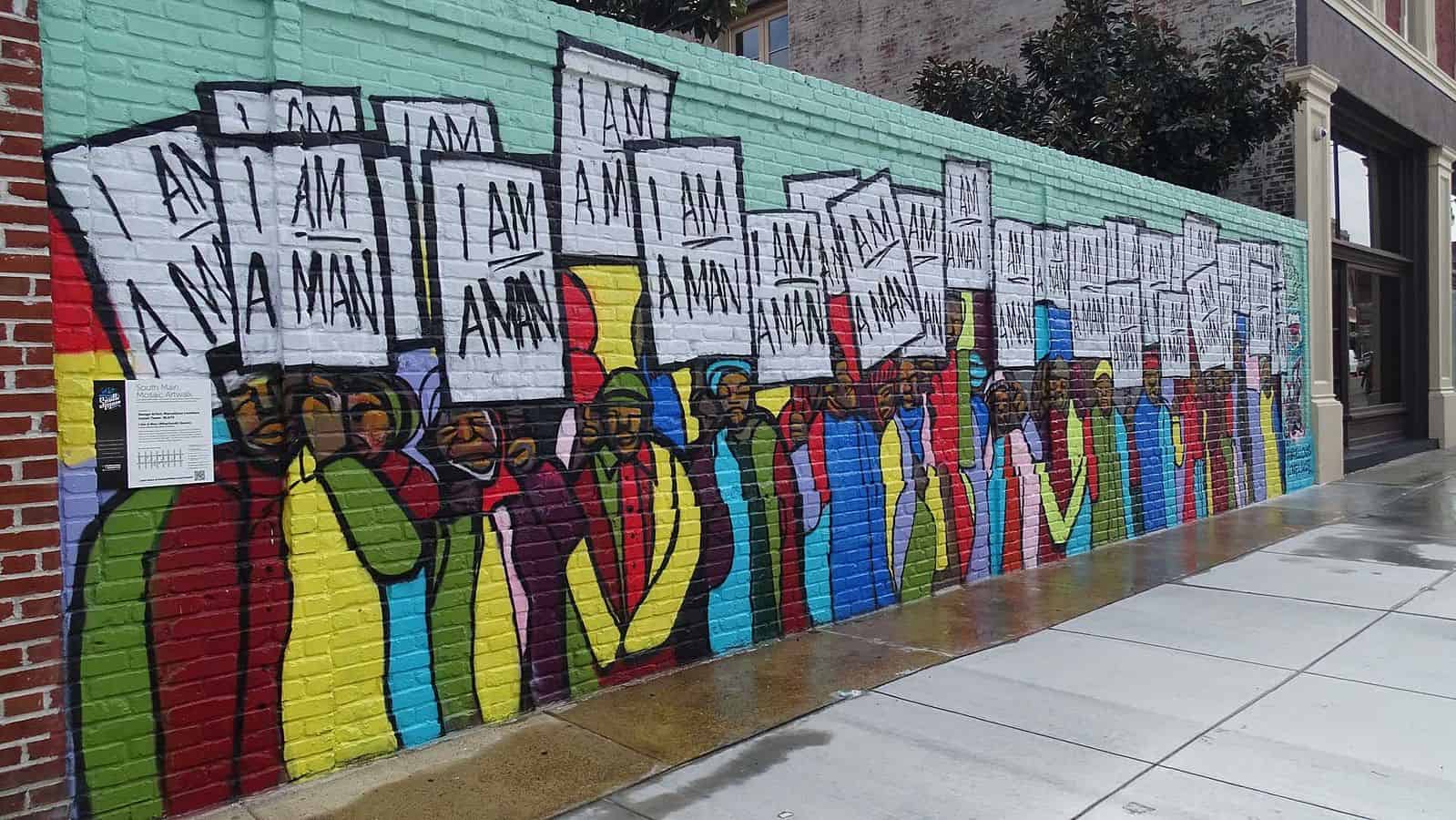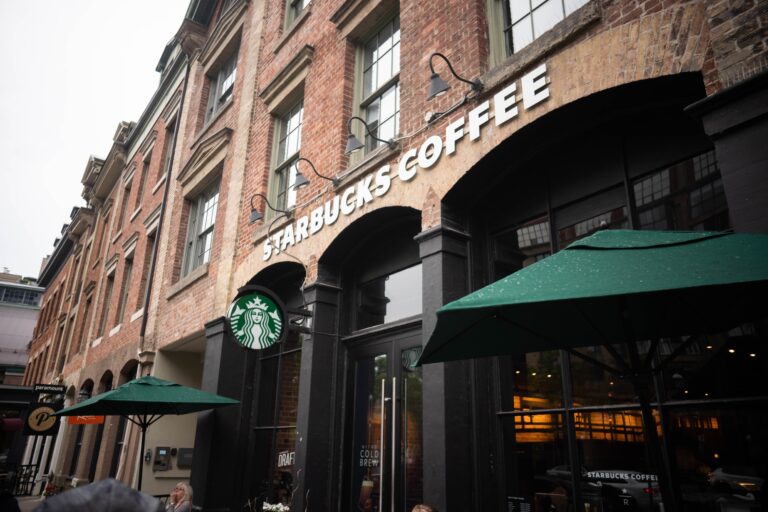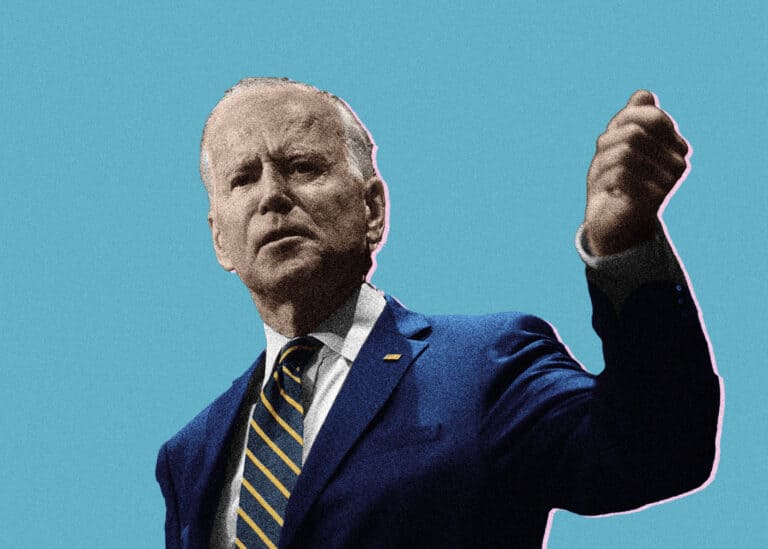
Kevin Vazquez is a staff attorney at the International Brotherhood of Teamsters. He graduated from Harvard Law School in 2023. The opinions he expresses on this blog are his own and should not be attributed to the IBT.
This month, workers at Amazon’s Bessemer, Alabama warehouse will be deciding whether to take a momentous step forward for the labor movement by being the first employees to unionize at Amazon, which has thus far proven impervious to organizing efforts. It is difficult to overstate the significance of the moment. Bessemer is a story of economic injustice; of inequality, oppression, and resistance; of frustration and fear amidst a pandemic; of latent hope and solidarity in an unexpected place. It is also, however, a story of racial justice – and a demonstration that the fight for economic justice and racial justice are inextricably linked. Movements for racial justice and the labor movement, which calls for a more equal and democratic economic system and a fairer distribution of the planet’s resources, are indivisible struggles that will ultimately rise or fall together.
Bessemer, a post-industrial city on the outskirts of Birmingham, deep in the heart of Alabama, is, by all traditional accounts, an unlikely place for a modern union drive to gain traction. The story of Bessemer is the familiar tale of deindustrialization, disinvestment, and decline that has devastated communities across the nation. Bessemer was once a rapidly growing industrial hub, and its booming factories attracted rural laborers throughout the state. Eventually, however, the city’s manufacturing jobs began to disappear, and its abandoned factories became the backdrop to the growing unemployment, poverty, crime, and social dislocation that resulted. Bessemer’s population peaked in the 1970s, and its economy entered a protracted crisis in the mid-1980s.
Today, Bessemer is ranked among the worst cities to live in Alabama. Its violent crime rate is one of the highest in the country, its poverty rate is more than 25%, and its annual per capita income is well below $20,000. Moreover, Bessemer’s population is more than 70 percent Black.
It was into this scene that Amazon entered in 2018, announcing its intentions to build a fulfillment center in the city; and it is in this context that the warehouse workers, who are also predominantly Black, are organizing three years later. Theirs is a movement not simply for economic justice – for a fairer share of the profits their labor creates – but for racial justice, as all genuine movements for economic justice are.
To posit that economic equality and racial equality are intricately linked is nothing new; it is a fact that has been recognized by a long line of racial justice and labor activists alike, from Frederick Douglass to Eugene Debs, A. Philip Randolph to Terence Powderly, Dolores Huerta to W.E.B. Du Bois, and Cornel West to Walter Reuther, to name only a handful. The March on Washington was, after all, a March for Jobs and Freedom, and Dr. King was killed while in Memphis supporting sanitation workers on strike and planning his Poor People’s Campaign. The history of racial inequality in this country – from slavery to sharecropping to early industrialism to the modern deindustrialized gig and service-based economy – is also a history of class oppression and exploitation, and organized efforts like the labor movement, which aim to redress structural economic inequalities, are crucial harbingers of racial equality.
The labor movement is concerned most fundamentally with empowering workers and redistributing wealth, and virtually any effort to redistribute wealth downwards or empower workers will disproportionally benefit minorities because minorities are disproportionately poor and working-class. There are, to be sure, historical counterexamples – like the New Deal generally and the origins of Social Security in particular – but those policies aimed to deliberately exclude Blacks. The labor movement, in contrast, fights for a general redistribution of wealth towards workers, uniting them across racial and gender lines. Labor unions that have not supported racial justice in the past – a shamefully long list (with notable exceptions) – have failed to recognize that racial inequality and economic inequality are two symptoms of the same disease and that the fight for one is incomplete, and will be unsuccessful, without a commitment to the other. When racism undermines class solidarity, it hamstrings both the fight for racial justice and the fight for a fairer economic system. The modern labor movement is inclusive, diverse, and multiracial, and, because economic equality is an essential precondition for a racially just society, its efforts to redistribute wealth are necessary – though perhaps not alone sufficient – to build racial justice.
Raising the minimum wage to $15 an hour, for example – a policy supported by many unions – would benefit Black and Latino workers more than any other demographic, and it would lift millions out of poverty. Minorities are much more likely to work low paid and insecure jobs. They are less likely to have access to affordable housing; more likely to be unemployed and houseless; and more likely to live in congested urban spaces with shrinking tax bases and declining social services. They are also more likely to be left out of the mainstream economy entirely and are instead swept into the unforgiving and punitive criminal justice system in starkly disproportionate numbers.
In short, minorities are oppressed not only by the insidious impacts of individual and systemic racism, which doubtlessly continue today, but by the exigencies of our economic system, which privileges private profit above community needs and permits their labor to be exploited and communities despoiled by profit-seeking corporations like Amazon. The economic arena is a critical battlefield in the fight for racial justice that must not be forgotten or ignored. No amount of minority representation, corporate inclusion campaigns, or “diversity consulting” can obscure the fact that more than one in five Black and brown people live in poverty nationwide, that millions are unemployed, and that more than half of those who are employed earn less than $15 an hour. Any movement for racial justice, to be truly transformative, must squarely address these issues and aim to dramatically alter our economic system, and the labor movement is indispensable in that fight.
With this in mind, it is amusing to watch Amazon clumsily attempt to countenance its contention that it “stands in solidarity with its Black workers” with its current position that its majority-Black Bessemer workforce should not unionize. The blatant hypocrisy of Amazon, and many other corporations which have enthusiastically vocalized their support for racial justice while furtively benefiting from racial oppression and exploitation, demonstrates the vulnerabilities of movements for racial justice that do not focus on economic issues.
Racial oppression, to be sure, takes many forms, and legitimate social and cultural concerns should not be unceremoniously relegated to the sidelines. Fundamentally, however, the struggle for racial justice is a common struggle for a more just and democratic society that services human needs rather than exploiting them. There can be no racial justice until our economic system values the needs of workers and their communities over those of their corporate employers, and the role that an inclusive, multiracial labor movement must play in that effort is critical. The labor movement has the capacity to unite seemingly disparate factions of marginalized, dispossessed, and exploited people in their search for a fairer economic arrangement. It is capable of transformative change that goes far beyond working conditions alone, and it is indispensable if we intend to build a society that is truly equal in all senses of the word.










Daily News & Commentary
Start your day with our roundup of the latest labor developments. See all
December 10
In today’s News and Commentary, advocacy groups lay out demands for Lori Chavez-DeRemer at DOL, a German union leader calls for ending the country’s debt brake, Teamsters give Amazon a deadline to agree to bargaining dates, and graduates of coding bootcamps face a labor market reshaped by the rise of AI. Worker advocacy groups have […]
December 9
Teamsters file charges against Costco; a sanitation contractor is fined child labor law violations, and workers give VW an ultimatum ahead of the latest negotiation attempts
December 8
Massachusetts rideshare drivers prepare to unionize; Starbucks and Nestlé supply chains use child labor, report says.
December 6
In today’s news and commentary, DOL attempts to abolish subminimum wage for workers with disabilities, AFGE reaches remote work agreement with SSA, and George Washington University resident doctors vote to strike. This week, the Department of Labor proposed a rule to abolish the Fair Labor Standards Act’s Section 14(c) program, which allows employers to pay […]
December 4
South Korea’s largest labor union began a general strike calling for the President’s removal, a Wisconsin judge reinstated bargaining rights for the state’s public sector workers, and the NLRB issued another ruling against Starbucks for anti-union practices.
December 3
Public employees regain union rights in Wisconsin; Volkswagen workers strike in Germany; USPS calls NLRB unconstitutional